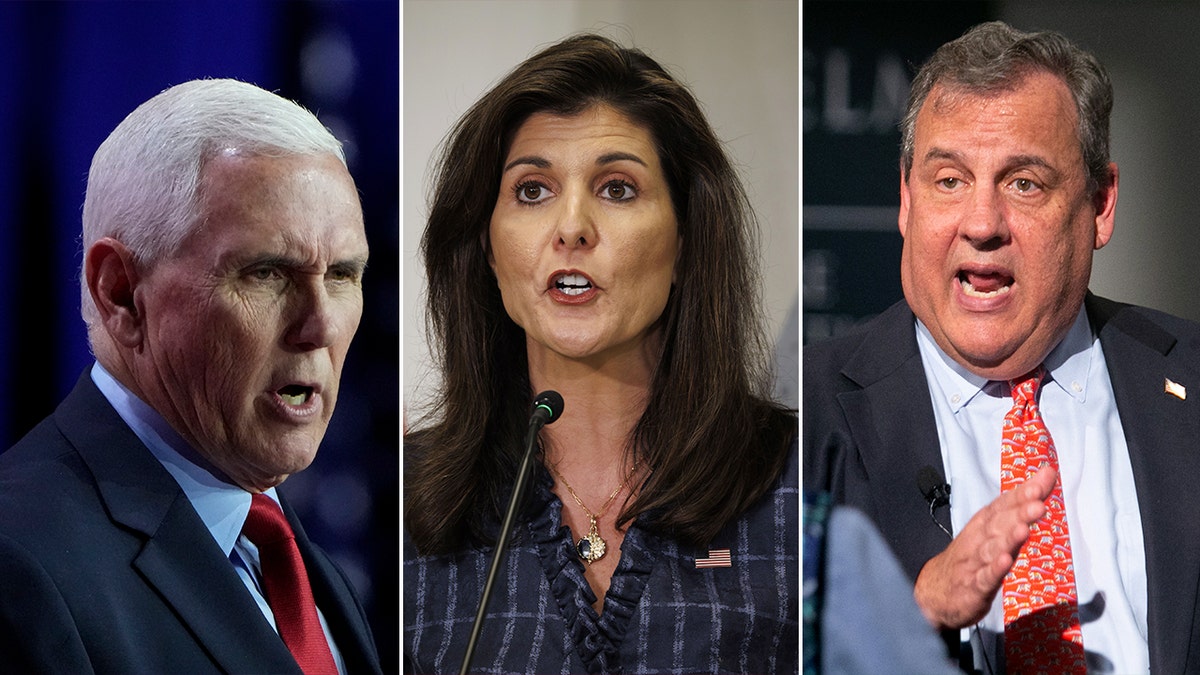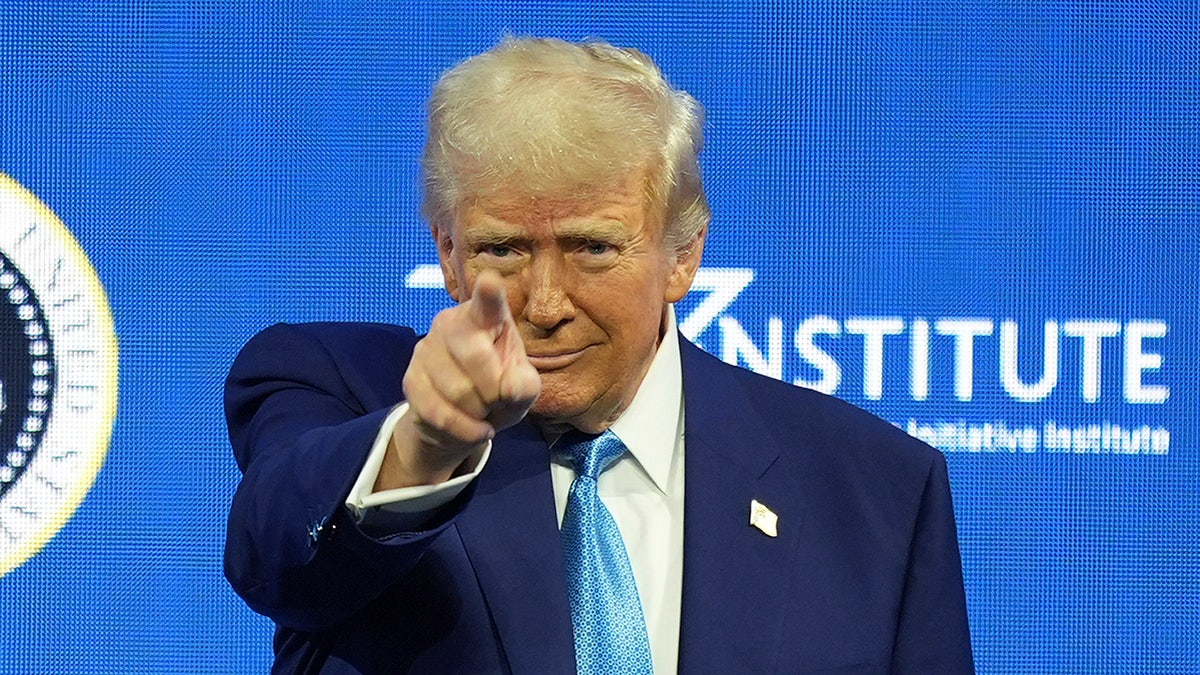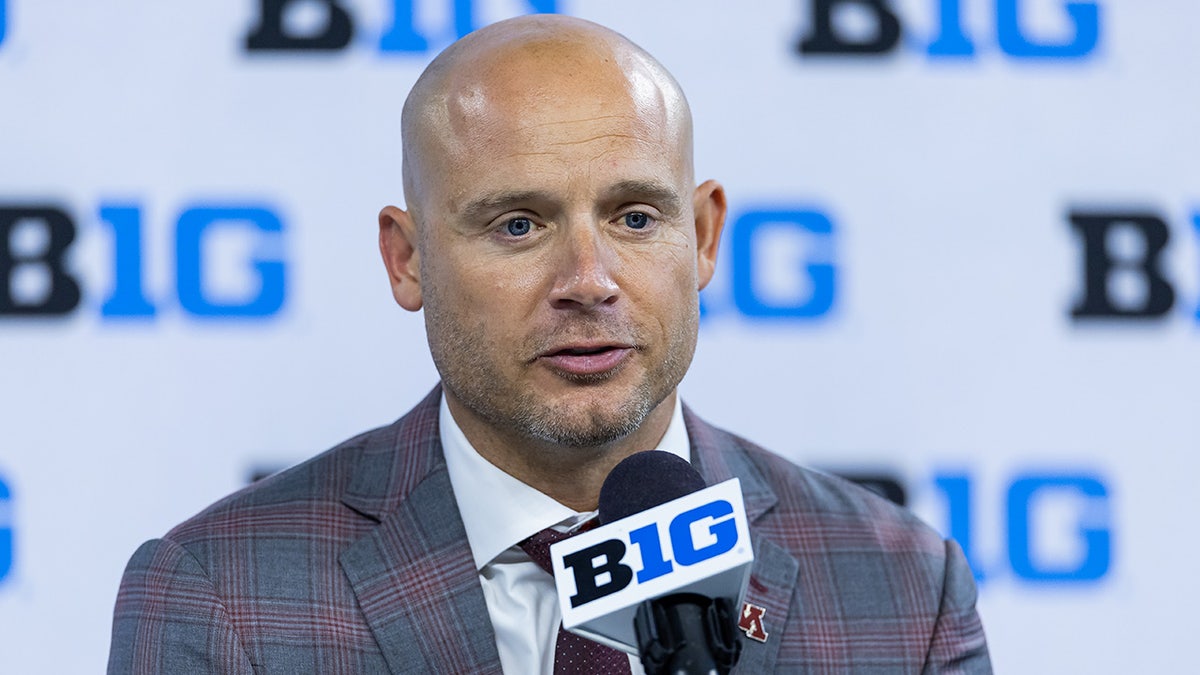Concerns have arisen regarding the potential effects of former President Donald Trump's tariffs on China on healthcare expenses in the United States. A Black Book Research survey revealed that a significant majority of healthcare consumers anticipate increased costs for medical treatments and drugs due to these tariffs. However, health policy and trade experts offer nuanced perspectives on the extent of this impact.
Health policy expert Chris Pope emphasizes that healthcare is not a heavily trade-dependent sector. The majority of healthcare services, such as physician and hospital care, are provided domestically. This significantly limits the direct impact of tariffs, primarily affecting pharmaceuticals and medical devices, which constitute a smaller portion of overall healthcare spending.
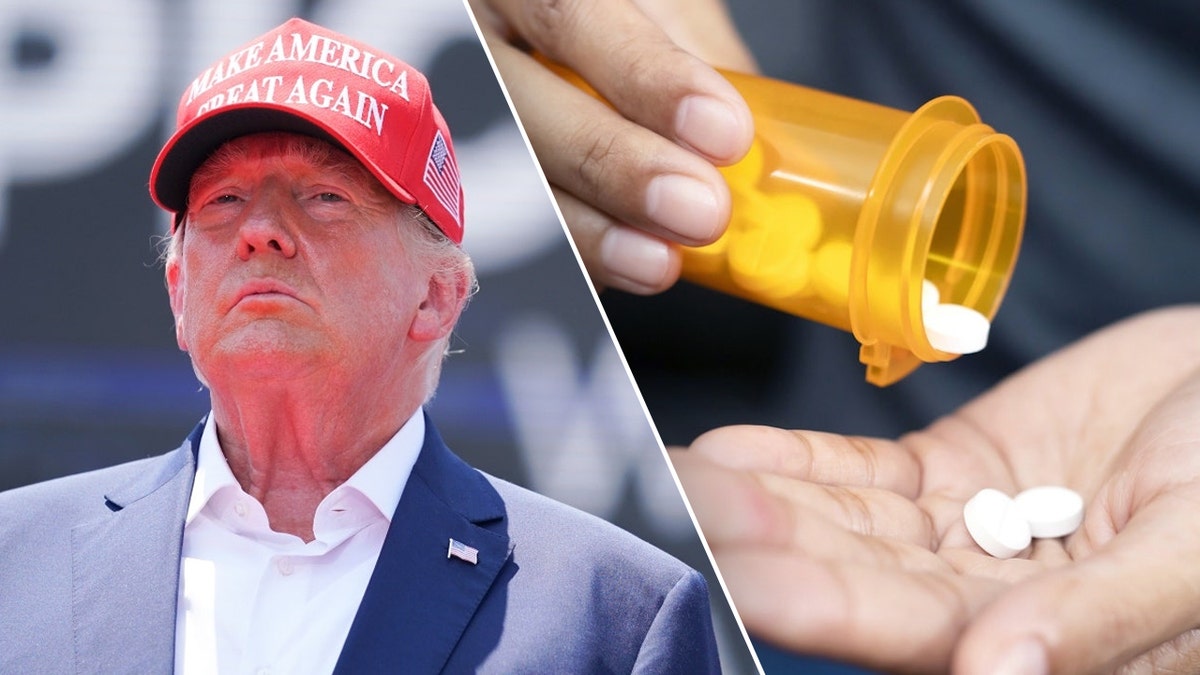
While acknowledging potential disruptions, Christine McDaniel, a senior economist at George Mason University's Mercatus Institute, suggests the impact on the healthcare industry, while noticeable, may not be catastrophic. She notes that the industry could absorb some costs through reduced margins or research and development, or pass them on to consumers.
Drug prices are identified as a particularly vulnerable area due to the U.S.'s reliance on China for certain chemical precursors essential for drug manufacturing. Pope notes that this impact will likely be confined to generic drugs, which are already relatively inexpensive, rather than brand-name medications whose prices are driven by demand. However, Monica de Bolle, a senior fellow at the Peterson Institute for International Economics, offers a different perspective, suggesting that a wider range of medications, including over-the-counter drugs and those for mental health conditions, could experience price increases due to the tariffs.
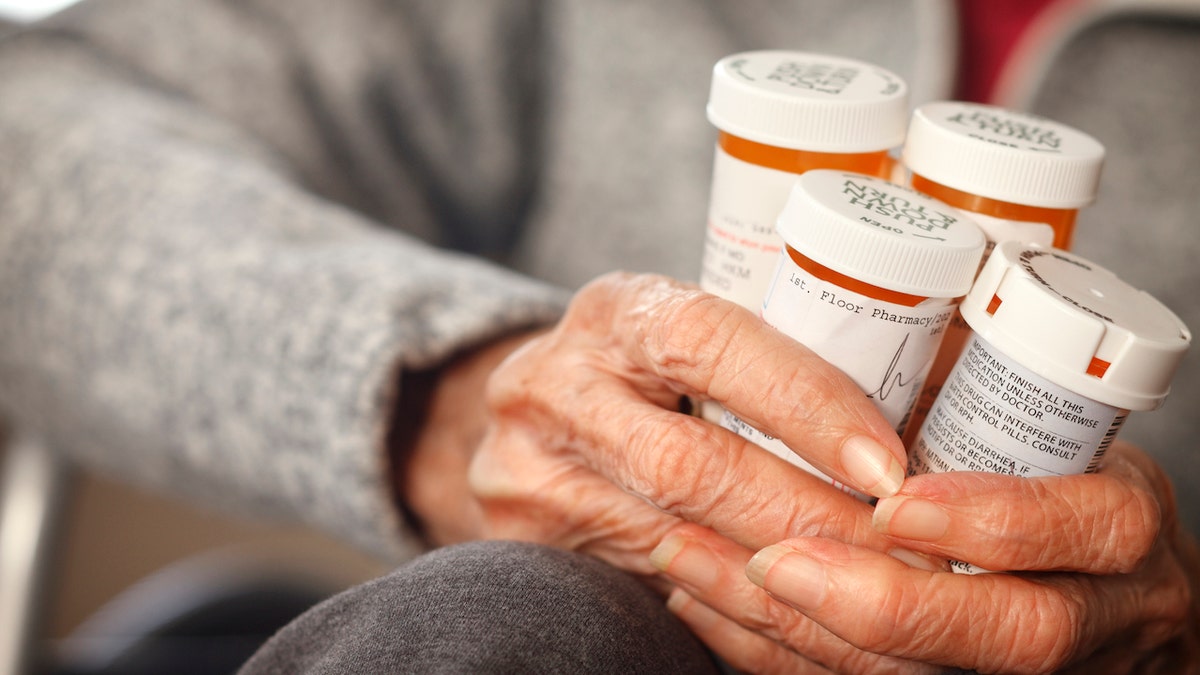
Experts also highlight potential disruptions to the medical device supply chain. McDaniel explains that companies might need to add more stages to their supply chains, sourcing components from multiple countries to circumvent reliance on China, potentially increasing costs. Pope, however, points out that the precise impact on medical device prices will depend on various factors, including manufacturing locations, subsidies, and potential retaliatory tariffs.
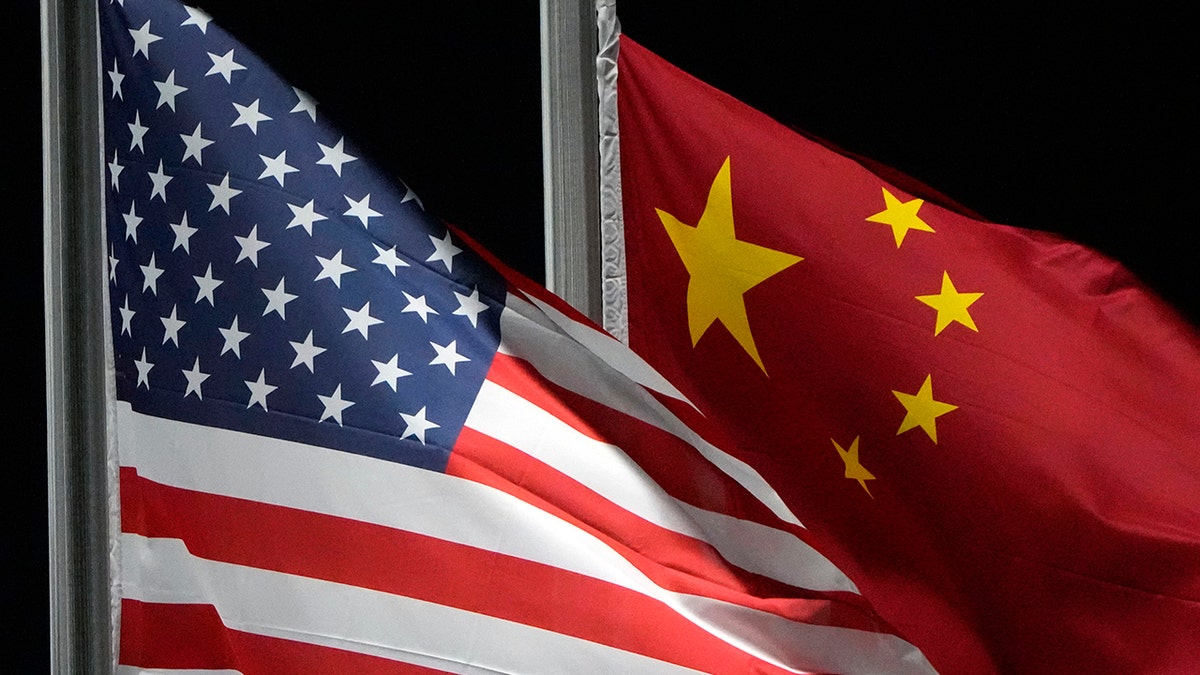
The conversation about reducing U.S. dependence on Chinese-manufactured healthcare products, especially essential drugs like antibiotics, predates the Trump tariffs. This concern stems from potential national security risks. De Bolle notes that discussions about bringing production back to the U.S. were already underway among lawmakers from both parties before the tariffs were implemented, suggesting a broader, ongoing effort to diversify supply chains.




